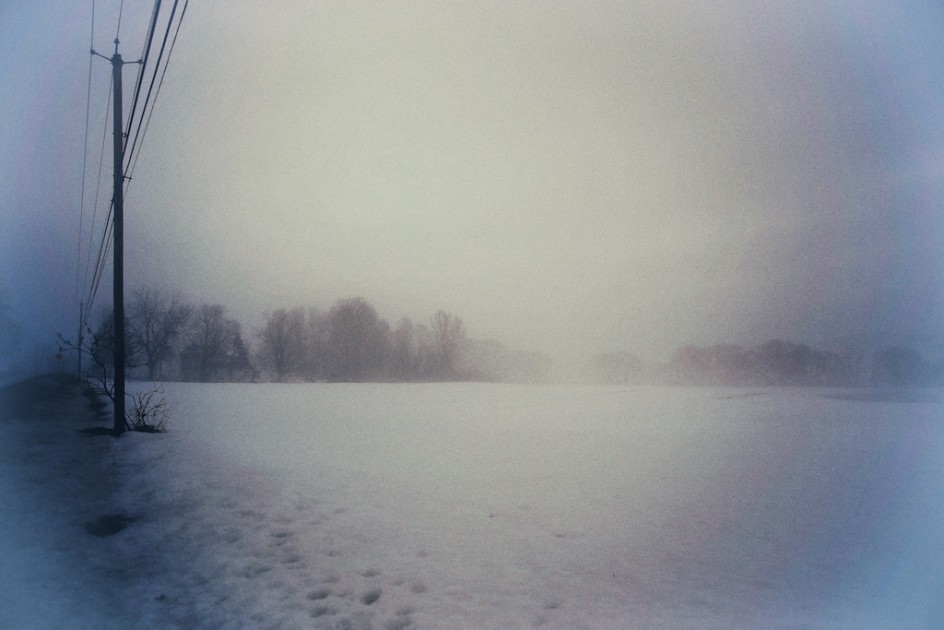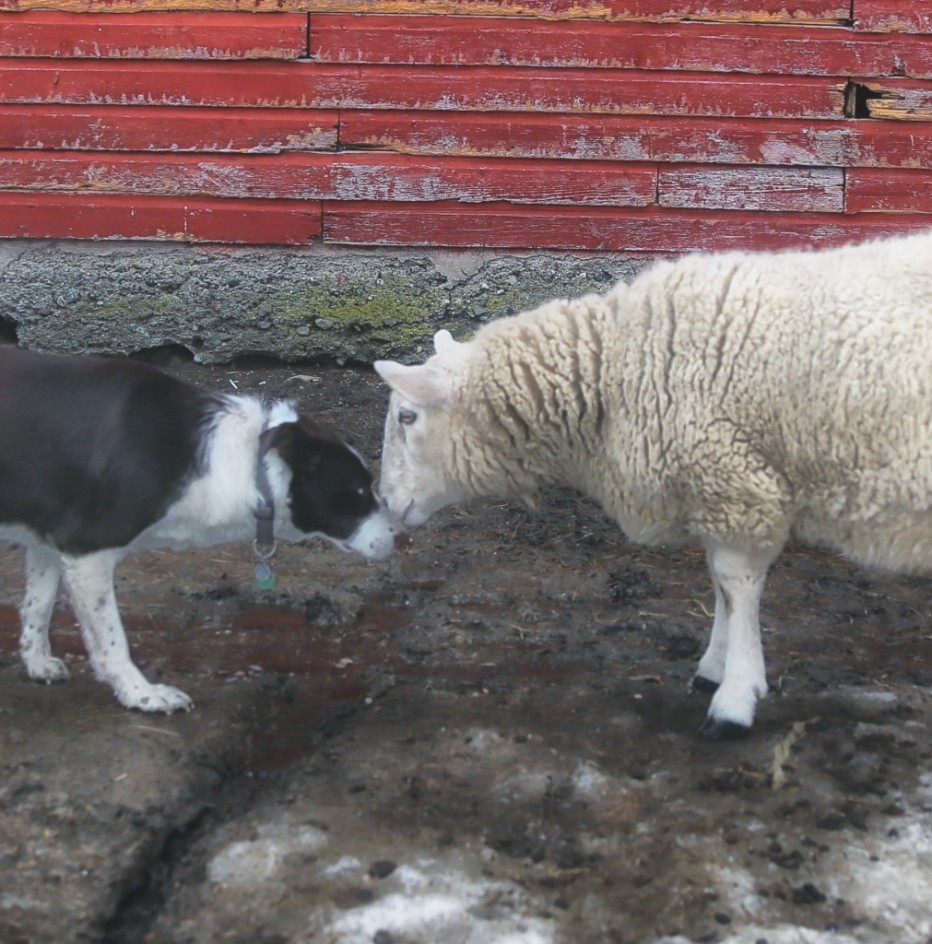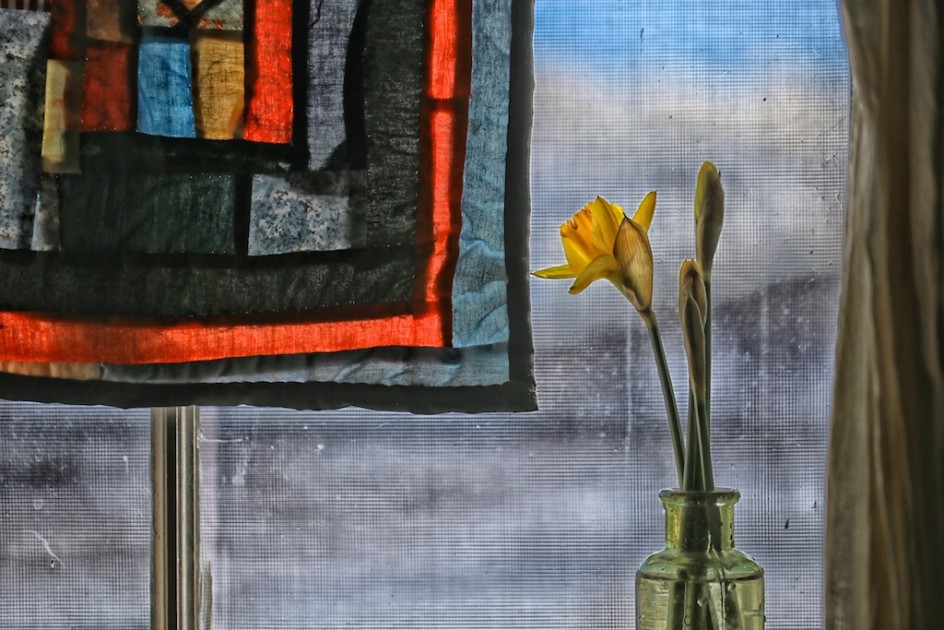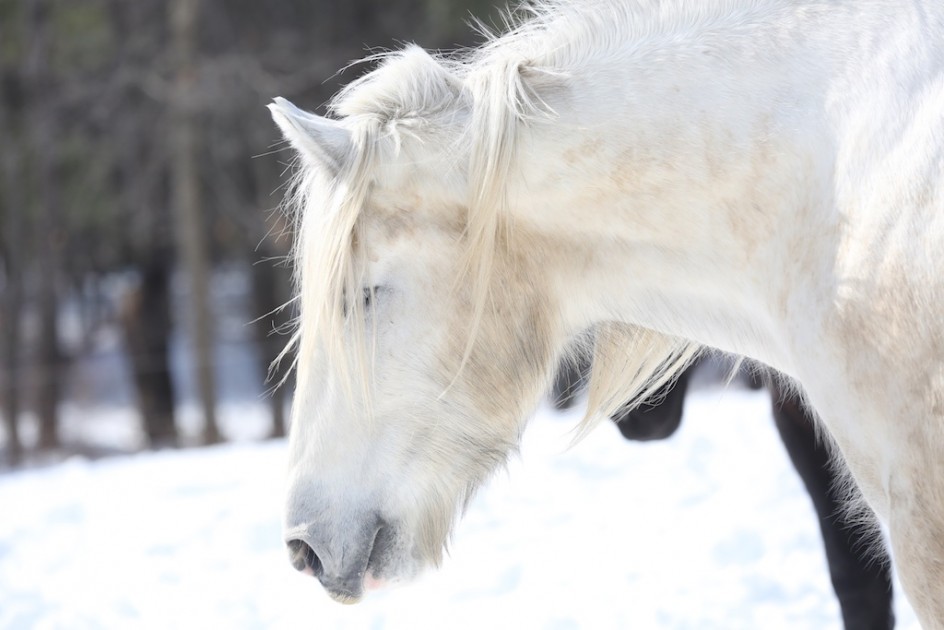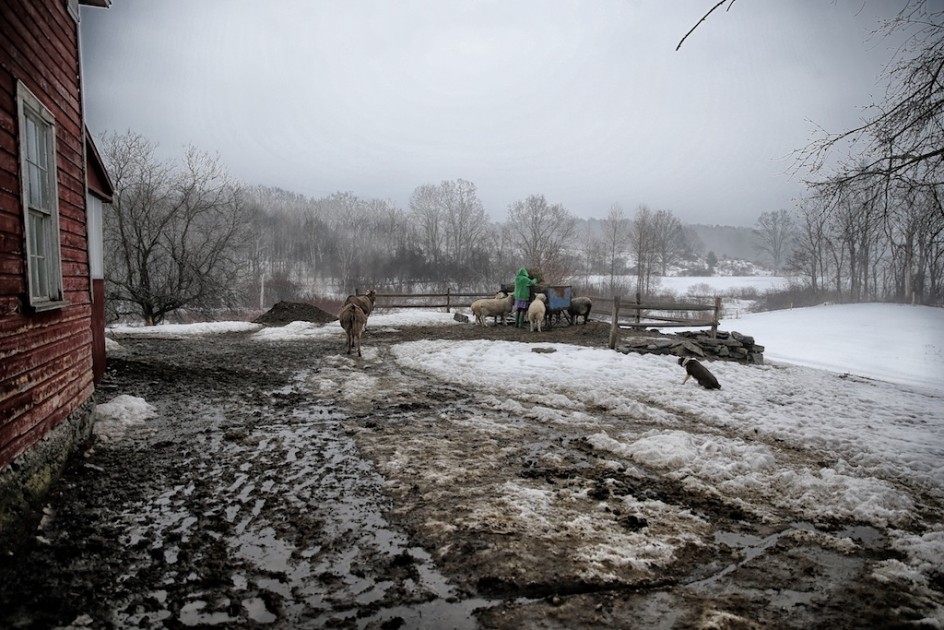
Yesterday, I wrote about having to make a decision Sunday morning about whether to call an ambulance when Maria was sick in Pennsylvania or to trust my instincts and wait it out. I got hundreds of responses to the post, it went viral, a surprise to me, as usual. The comments were interesting and helpful. Many people seemed certain that I had made the wrong decision, they said they would have called 911 right away if their loved ones were in great pain and there was any risk of serious injury. Others told me about their food poisoning and stomach troubles.
Many people said they weren’t sure and many simply said they were glad Maria was better. For me, the issue was a matter of learning how to make decisions and more importantly, how to trust my own instincts and think quickly. I get grouchy when people give me unwanted advance on Facebook, not because it is such a terrible thing, but because I want to learn things for myself, I want to experience my life and trust my own decisions and instincts, not the instincts of others. And I want to make my own mistakes, the greatest teacher of all.
Reading the many comments and some of the e-mails, I came to feel that I had made the right decision, it turned out my instincts were good and correct and I was glad I trusted them. There is a risk in that, of course, but that is the price of being independent and learning how to take responsibility.
Maria shares this feeling. An ambulance call in a strange city far from home would have been disrupting and disturbing for both of us. It would most likely have been very expensive as well, and that certainly wouldn’t matter in a life-saving circumstance, but it did matter if it didn’t seem necessary, that is the nature of our life, the life we chose.
And I have to be honest, I am no hero, I can’t say it wasn’t on my mind, as much as I love my wife. If I had been certain Maria was in great trouble, I wouldn’t have hesitated for a second. As it was, I reached for the phone more than once. But I’m glad I didn’t make the call.
We live in the midst of a great Fear Machine, a monstrous and profit-making Hydra that bombards us with warnings, regulations, new laws, cautions and alarms. Lawyers warn us against liability and lawsuits, the health care industry warns us about food, lifestyles, and about the growing number of tests we need, politicians smother us with warnings about travel, fears about leaving dogs in cars, strange packages, suspicious people. Various governments regulate our taxes, garbage and travel. Children are made phobic about strangers, they are rarely allowed to live freely or schedule their own lives, and the Internet is seen as an evil and dangerous place.
Aging is portrayed as an endless nightmare, we are urged to prepare for it as soon as we can vote and work.
I believe submitting to this fear – doing work one hates in places they don’t want to be in pursuit of the illusion of security – is a kind of slavery lived in exchange for the illusion of security, and I don’t wish to be a slave. There is no security in that. I meet too many people who are desperately unhappy with their lives. I was one of them for many years.
All of this doesn’t include the news, which traffics in fear and alarm and projects the world as a divisive and violent place on the edge of destruction, or our political system, which seems paralyzed and increasingly angry and dysfunctional.
Even the weather has become a profit-making source of hysteria and worry. Every time there is a big storm, I get messages from one place or another urging me not to shovel snow, to stay inside and drink lots of water. Nuts to them all.
Henry David Thoreau was an inspiration for me, so was Thomas Merton, the Trappist monk who built a hermitage out in the woods and was devoted to the solitary and spiritual life. Thoreau lived on Walden Pond – he did take many meals from his mother and his friend Ralph Waldo Emerson – but he did live alone for most of a year, and the point for him was to live an independent life and learn to make his own decisions.
“However mean your life is,” wrote Thoreau, “meet it and live it; do not shun it and call it hard names. Cultivate poverty like a garden herb, like sage. Do not trouble yourself much to get new things, whether clothes or friends. Things do not change, we change. Sell your clothes and keep your thoughts.”
Those are words for me to try and live by. We are too busy watching cable news, obsessing on angry blogs, reading our FB messages, following the dogma of the left and the right, to think for ourselves. I don’t know anyone who watches cable news who had much of interest to say to me.
We have lost that Thoreau idea in our society, I often think. People speak poorly of their lives all the time, because they are frightened to do otherwise, to lose all of the things they are constantly told they need to be safe. Cable news commentators, bureaucrats, regulators and health care professionals tell us what to think every day and so do millions of people on Facebook and Twitter. Social media is a good friend of busy bodies, know-it-all’s and alarmists. Thoreau wouldn’t have lasted an hour at Walden Pond if he read his Facebook Page and considered all of the alarms about animal welfare and health, food preparation, cabin-building, wood stoves or germs.
I have been working for many years on my instincts, I want to trust them, I wish to make my own decisions. While Sunday’s decision was difficult, I also realized that it was a victory of sorts, a step for me. We all take risks of one kind or another every day of our lives – getting in a car, walking across the street, eating food other people have prepared, turning on a light switch, walking on ice, watching the news.
Sunday, my instincts told me Maria’s sickness was not life-threatening, even though it was painful. They told me to wait. I looked in her eyes, felt her forehead, listened to her speak. Much of our culture – almost obsessively risk averse – would have done otherwise, that is what almost everyone in the vast apparatus of fear and alarm, most of it profit-making, would have told me. My instincts guided me, and I listened to them.
The message of the Fear Machine is don’t ever trust yourself. You know nothing. Listen to others. Make sure, run to the experts, hear the warnings. That is not the message of my life. Or of Maria’s. We share a commitment to living life creatively, independently, and fully. We have lived in fear, we don’t care to live that way again
In many cases, the people who would have called 911 would have been right. I would never tell anyone else what to do, their instincts might be different from mine, but that doesn’t mean they are not as good.
It is as important to ask for help as it is to know when not to. I am learning about both.
I am learning this about myself: one of the things I fear most is a joyless life lived in fear and warning and alarm. That is a kind of death. I wish to meet life and live it, and not to ever call it hard names.

